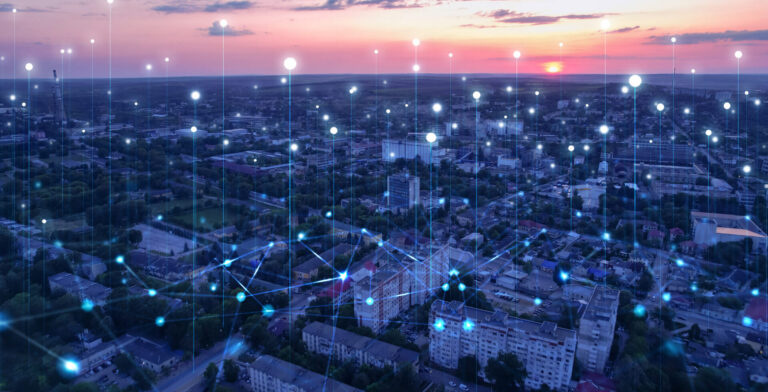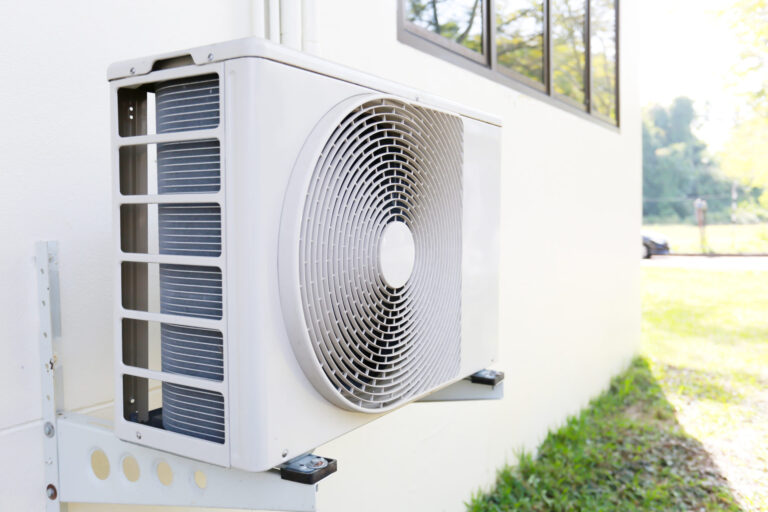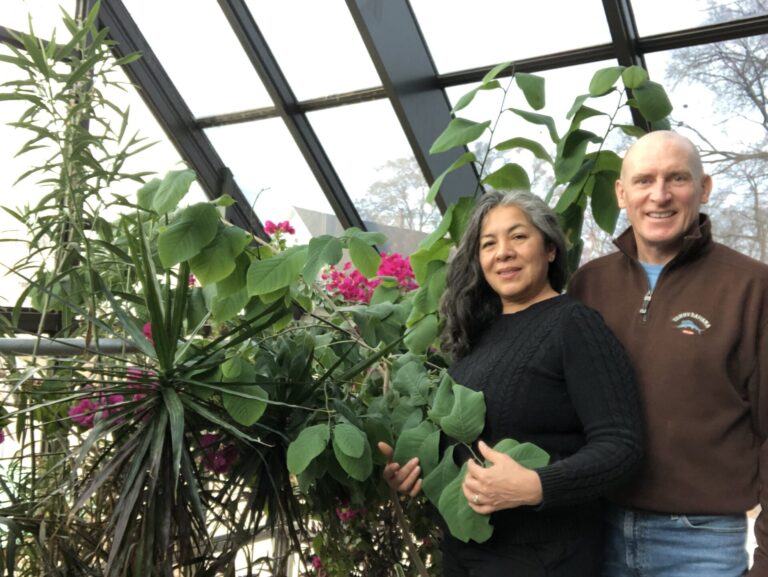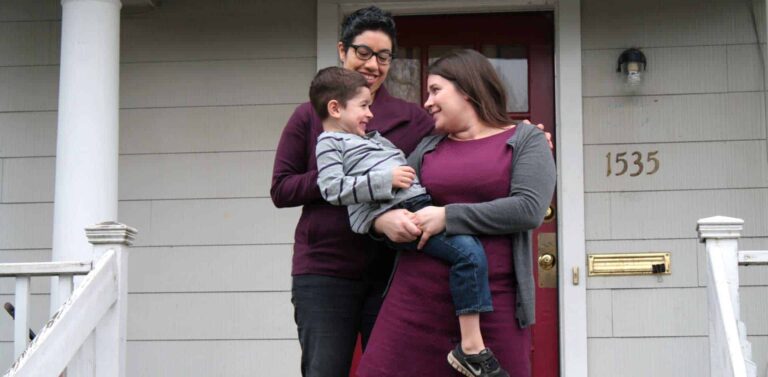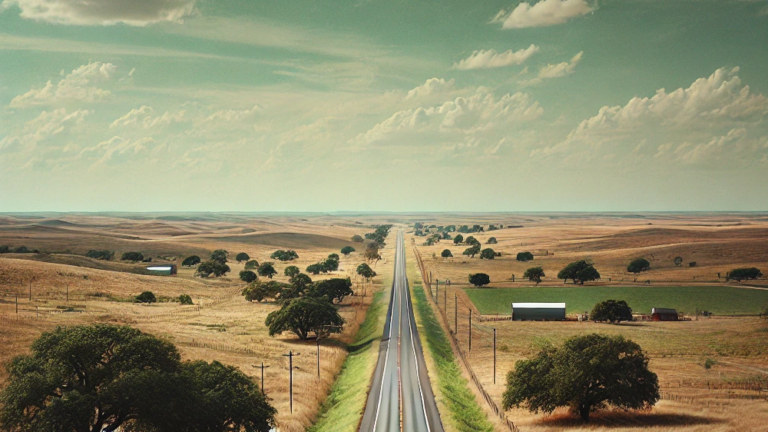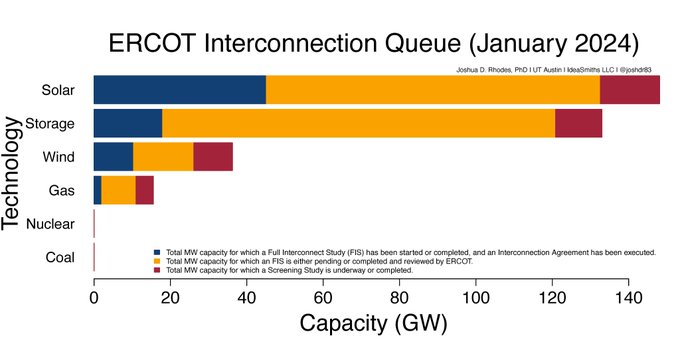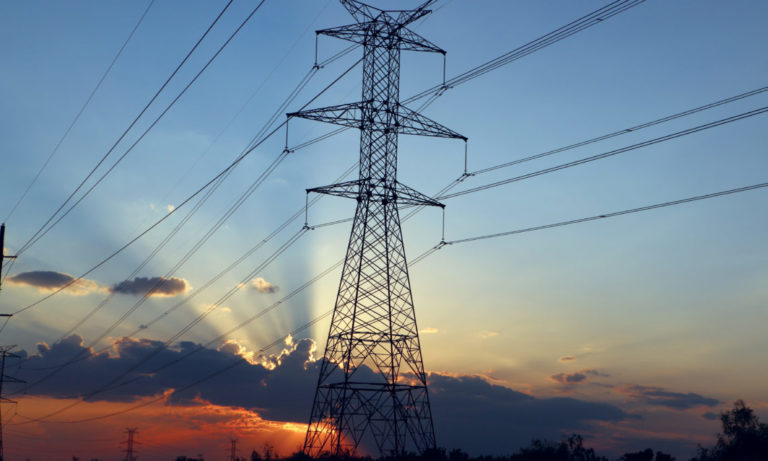March 28, 2023
By Rachel Jenkins, director of operations, Pecan Street
When Pecan Street started recruiting families to participate in our research network, staff would hold community meetings at local schools and churches to show families what we were up to and what they’d learn if they signed up. Showing up and building relationships with families was critical to establishing credibility and trust.
As we’ve grown and expanded to other cities, that personal touch has become harder. Add to that a pandemic and 2+ years of working remotely, and you can see how our recruiting model has been upended.
The good news is that we’ve learned through these challenges how to shift gears now that the world is opening back up. My recent trip to Puerto Rico, where we’re recruiting about 50 families to participate, was further proof that community, local experts and simply showing up have been key to our efforts.
Starting Off Right in Puerto Rico
In every community we’ve recruited families, we have some standard challenges. First, we’re a fairly unique organization. Not only have few people heard of us before we arrive, few people even know there are groups who do what we do. We have to address questions about data security and privacy. We have to explain how this research contributes to innovation and policy in other parts of the world. All of that takes time and trust.
It’s been hard enough in the Bay Area, upstate New York and other areas we’ve gone. We faced unique challenges in Culebra, a remote island off the eastern coast of Puerto Rico. Families there deal with energy challenges that would infuriate most mainland Americans – from frequent grid outages to sky-high electricity rates to relentless hurricanes. And there’s a significant language barrier, too. Most of the families we met are Spanish-first or Spanish-only, and Pecan Street’s current staff isn’t nearly as bilingual as you’d hope Texans would be.
Yet we hit our recruiting goal and are quickly progressing through our installations. How’d we pull it off?
We Tapped into a Powerful Community
The families we met on Culebra are among the most enthusiastic we’ve ever met about trying, testing and improving new energy technology. They have a very personal stake in improving their grid and finding new ways to power their lives. Visiting with them helped me think about new ways of describing what our research does and how it can impact people’s lives now…not just years in the future.
We Found Credible, Gracious Partners
A host of local and national organizations had been working on electricity reliability and innovation in Puerto Rico long before we proposed working there, and we found strong partners who were willing to pull us into their hard work. Environmental Defense Fund – a partner since our founding – has been working with Fundación Colibrí and Genesis Solar to install solar + storage systems for low-and-moderate income families on Culebra as part of a broader energy resiliency effort. These groups were gracious enough to provide introductions to “their families,” eliminating the years of footwork it would have taken for us to start from scratch.
We also hired a local electrician to explain the process and then install our equipment. We use local electricians in all our communities to ensure we follow local codes. But homes’ electrical systems are so unique on Culebra – and the terminology is so technical – that using a non-local electrician would have been impossible.
And We Showed Up
Traveling to each of our communities had been a time and cost challenge – even before COVID. And even when we can travel, building relationships doesn’t happen with two-day trips. But my time on Culebra reinforced that showing up is important, even if it can’t substitute for being truly local. Our participants need to see us…before they sign up and after. It was a reminder I’ll come back to again and again as we expand to new areas and recruit new families.










